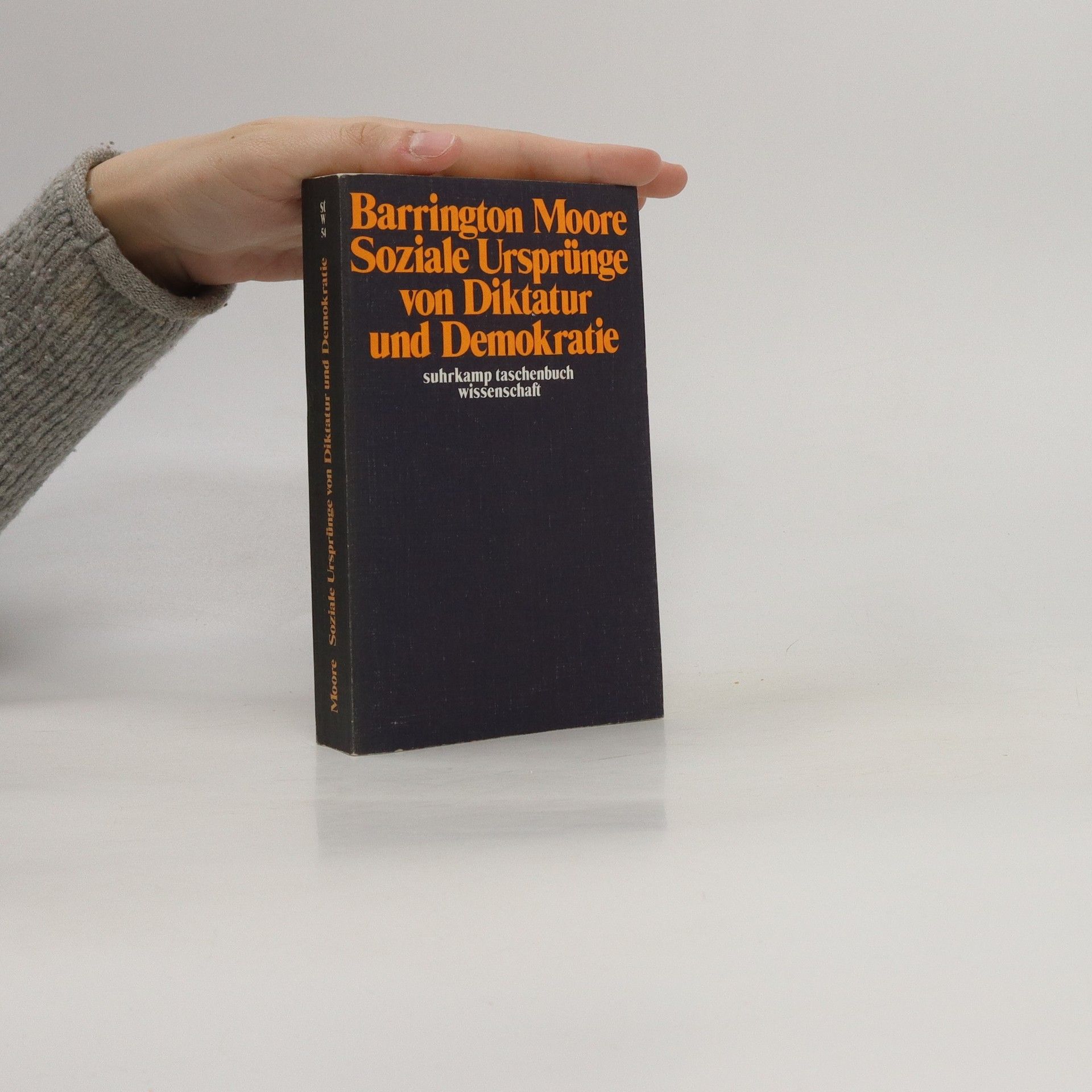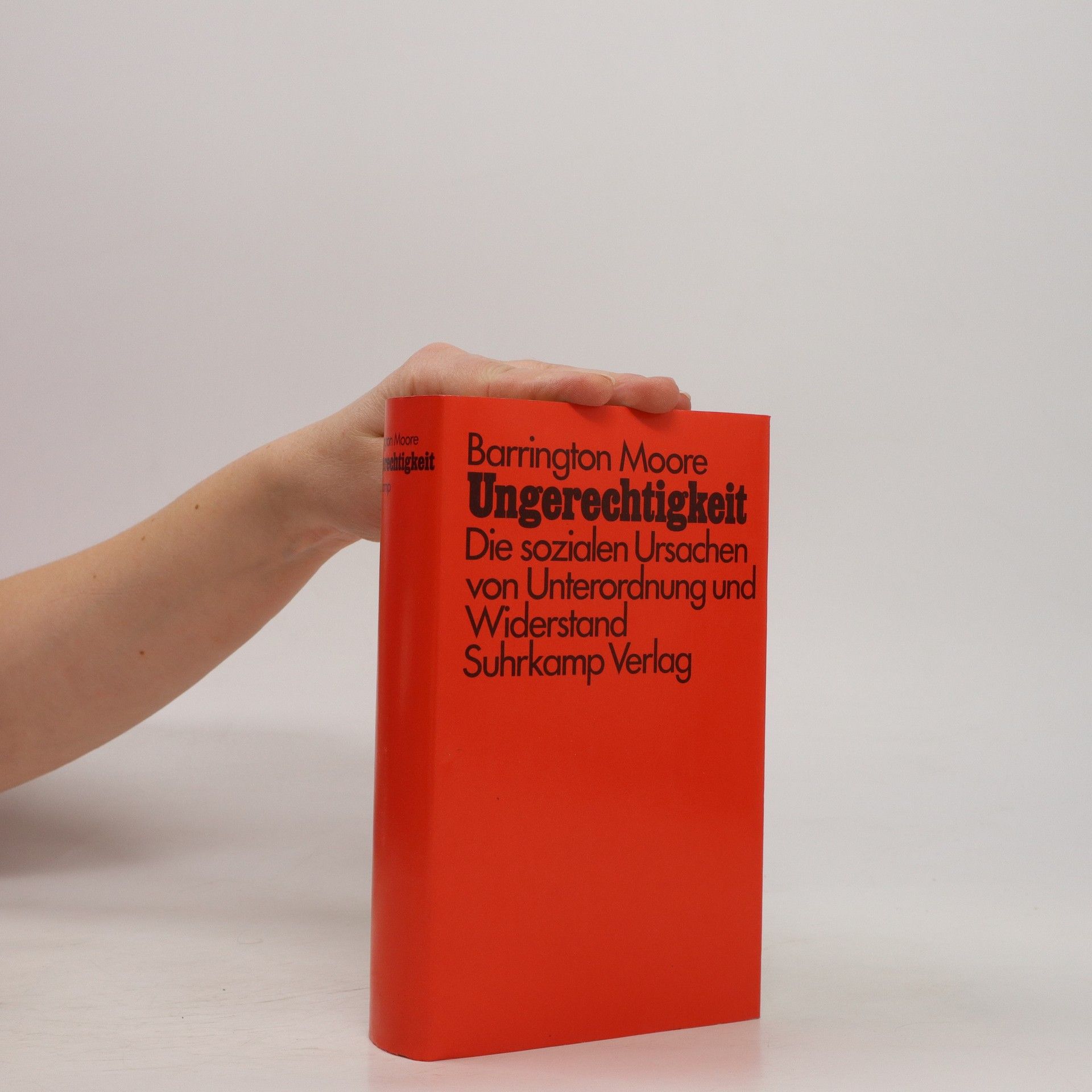Barrington Moore Libri
Questo influente sociologo approfondisce le origini della dittatura e della democrazia nella storia moderna. Il suo lavoro esamina le intricate relazioni tra le classi sociali e lo sviluppo politico, offrendo profonde intuizioni sul motivo per cui alcune società si sono orientate verso l'autoritarismo mentre altre hanno raggiunto la democrazia. Sottolinea le conseguenze inaspettate della modernità e come le basi dell'obbedienza e della rivolta possano essere profondamente radicate nella giustizia o nell'ingiustizia. Le sue analisi sono incisive e stimolano la riflessione sulle forze strutturali che plasmano la storia umana.




Social Origins of Dictatorship and Democracy
Lord and Peasant in the Making of the Modern World
Moore fragt in diesem Buch, warum Menschen sich so häufig damit abfinden, Opfer ihrer Gesellschaft zu sein, und warum sie manchmal überaus zornig werden und mit Leidenschaft und Gewalt ihre Situation zu verändern suchen. Unter der Fragestellung, welche allgemeinen Faktoren der Hinnahme von Unrecht zugrunde liegen, diskutiert Barrington Moore u. a. die Unberührbarkeit in Indien, die nationalsozialistischen Konzentrationslager und die Experimente von Stanley Milgram. Das Zentrum des Buches bildet eine Untersuchung der deutschen Arbeiterschaft von 1848-1920.
Soziale Ursprünge von Diktatur und Demokratie
- 634pagine
- 23 ore di lettura